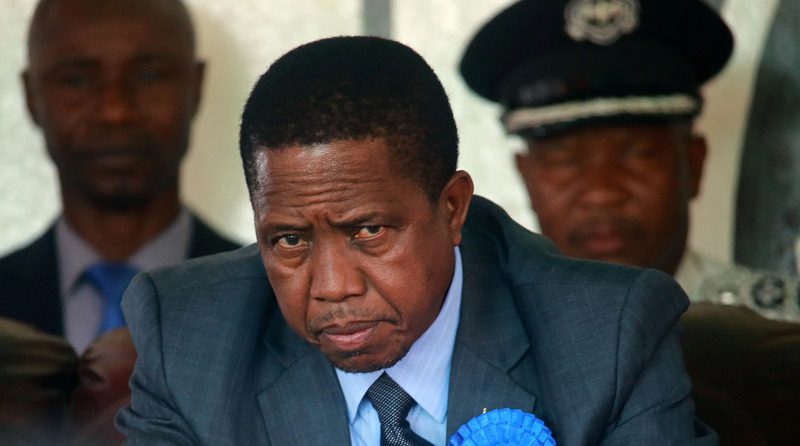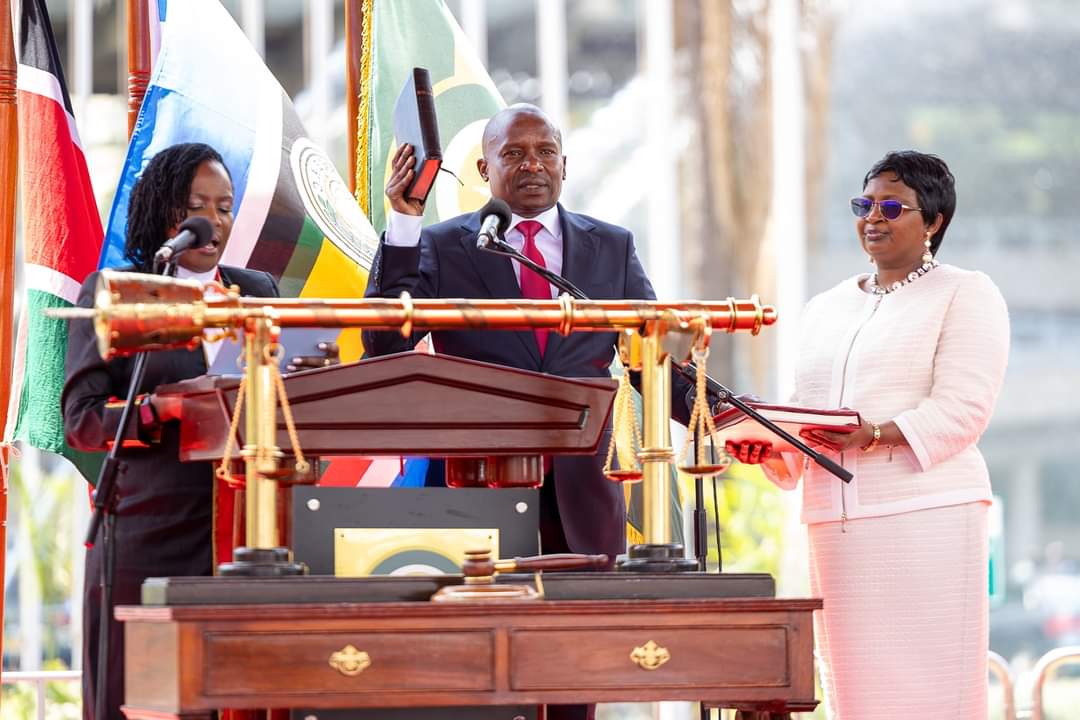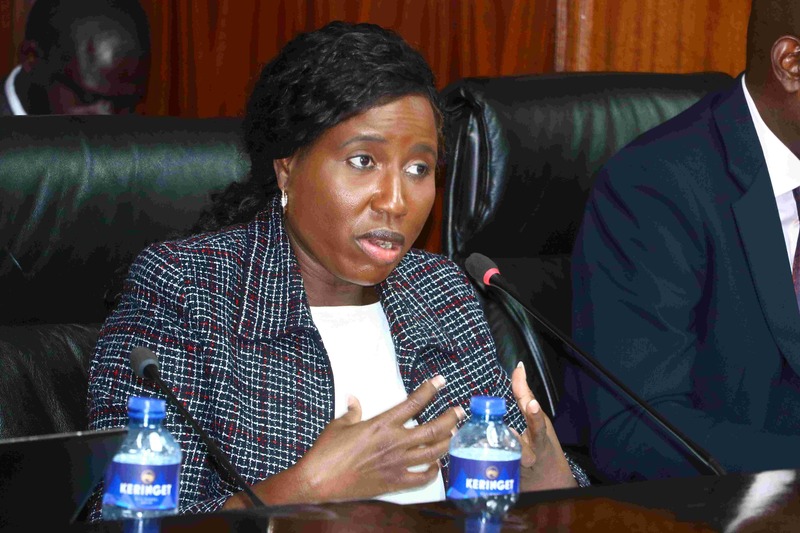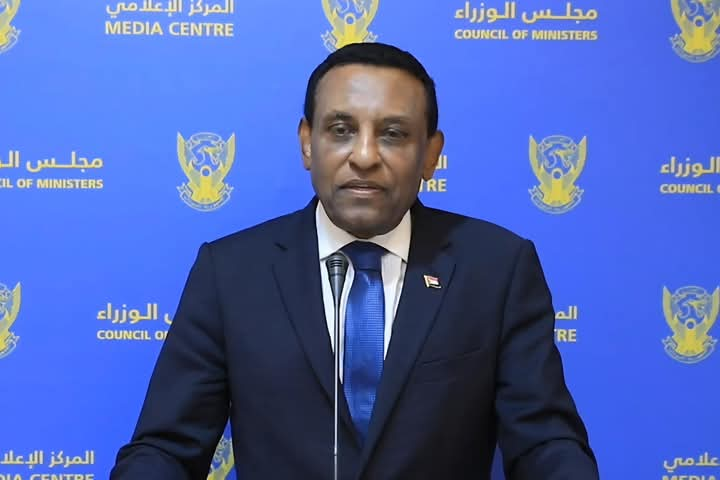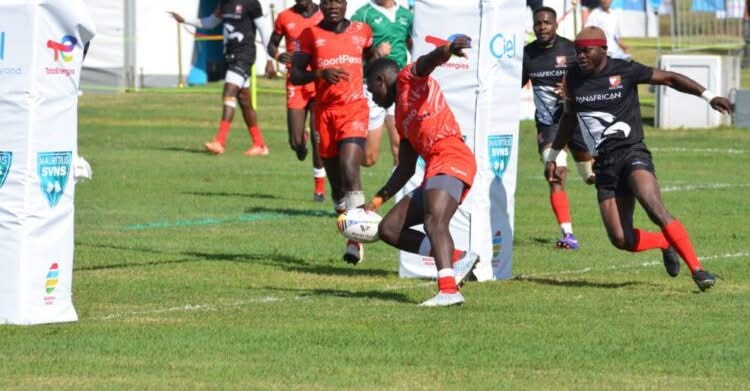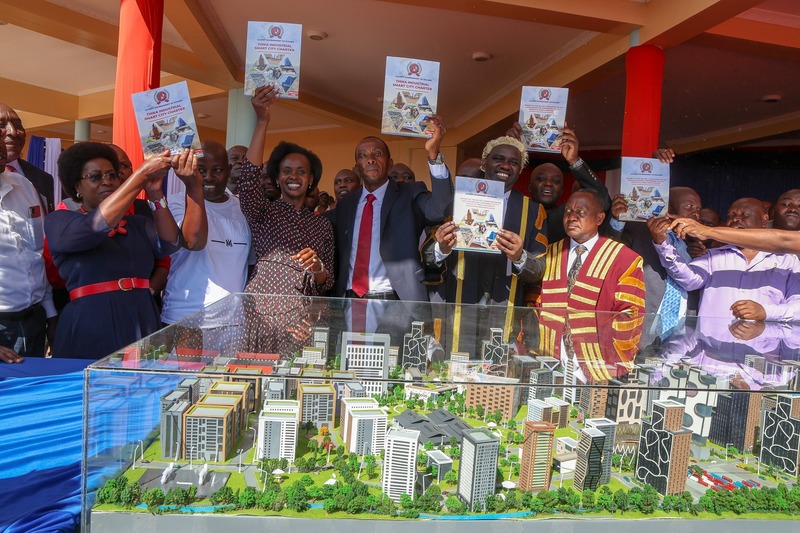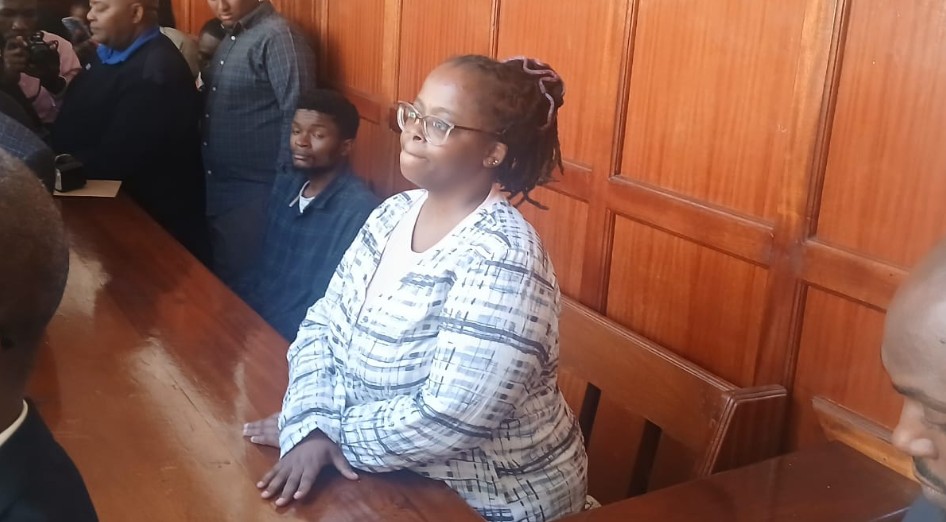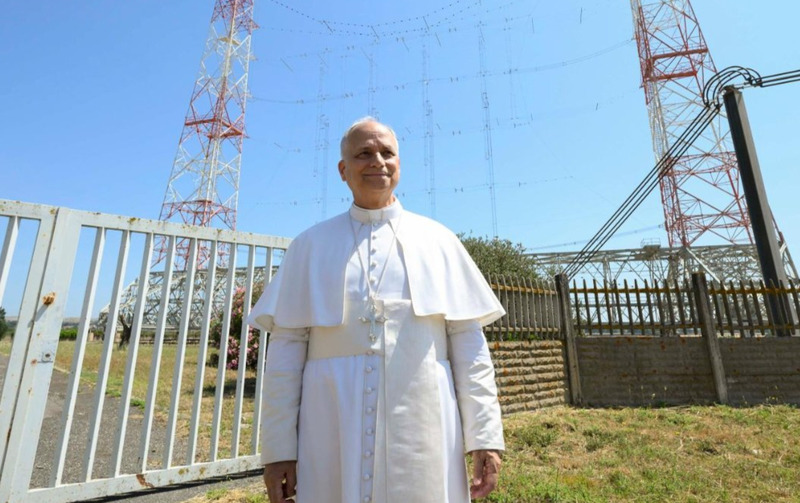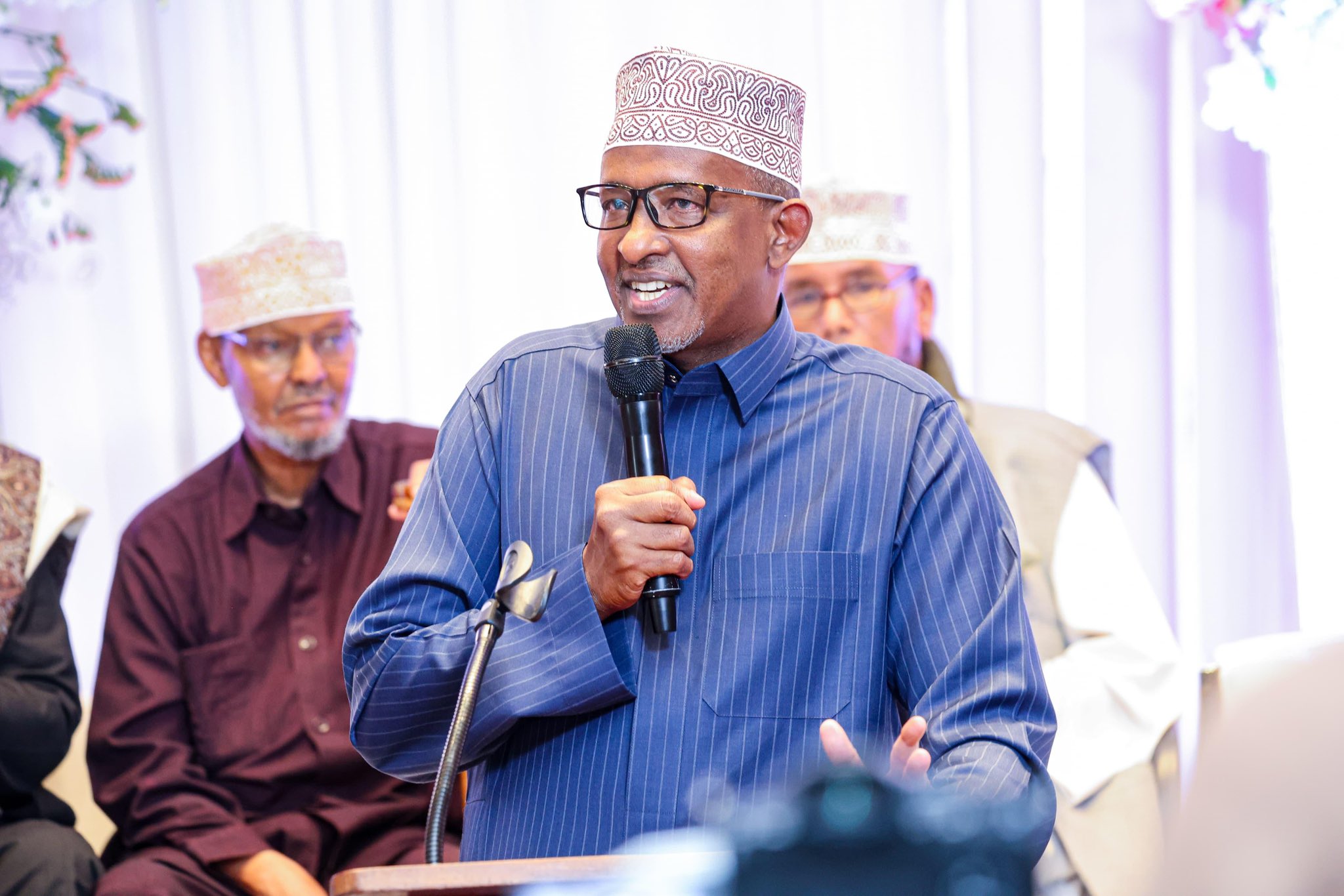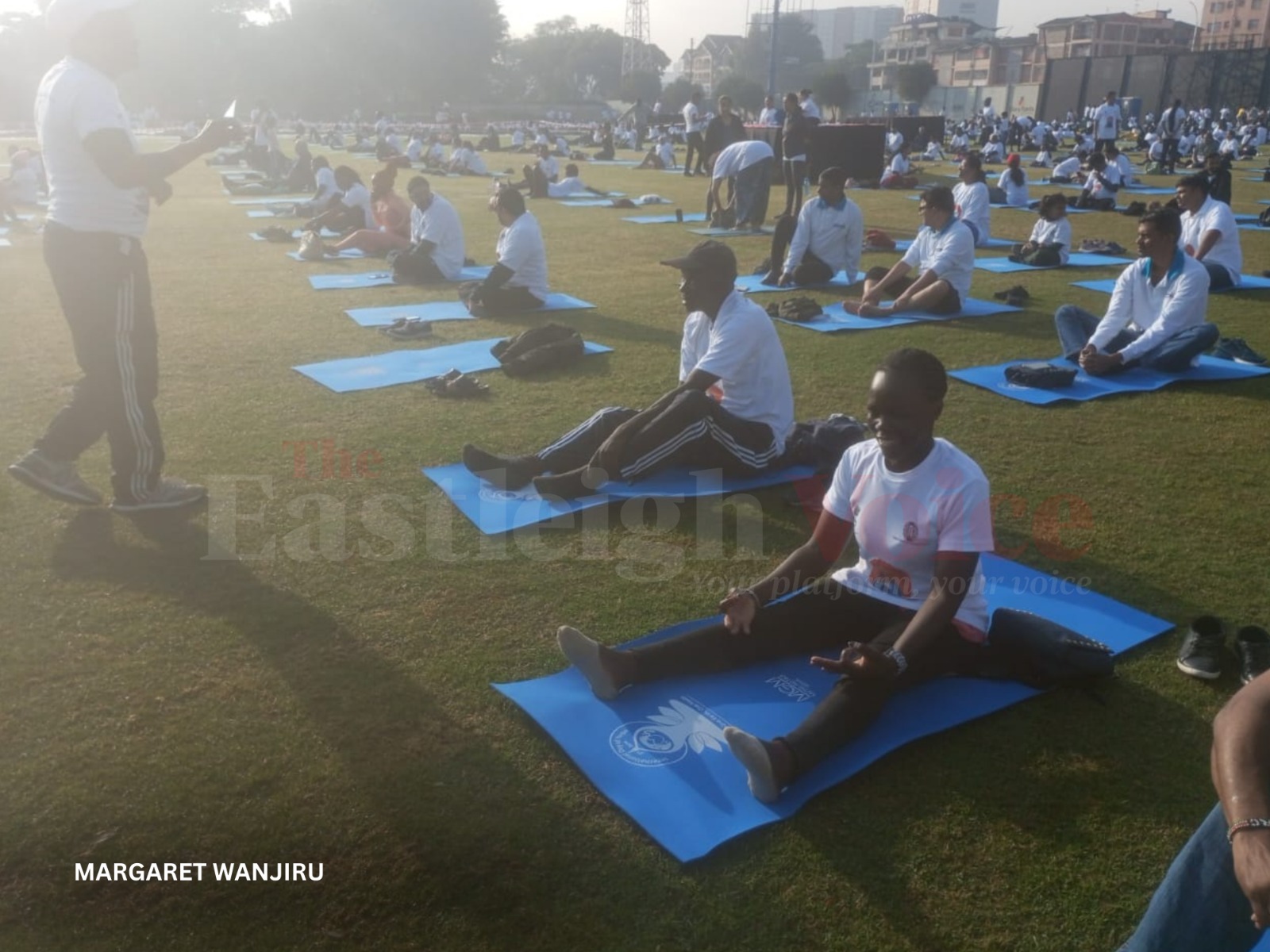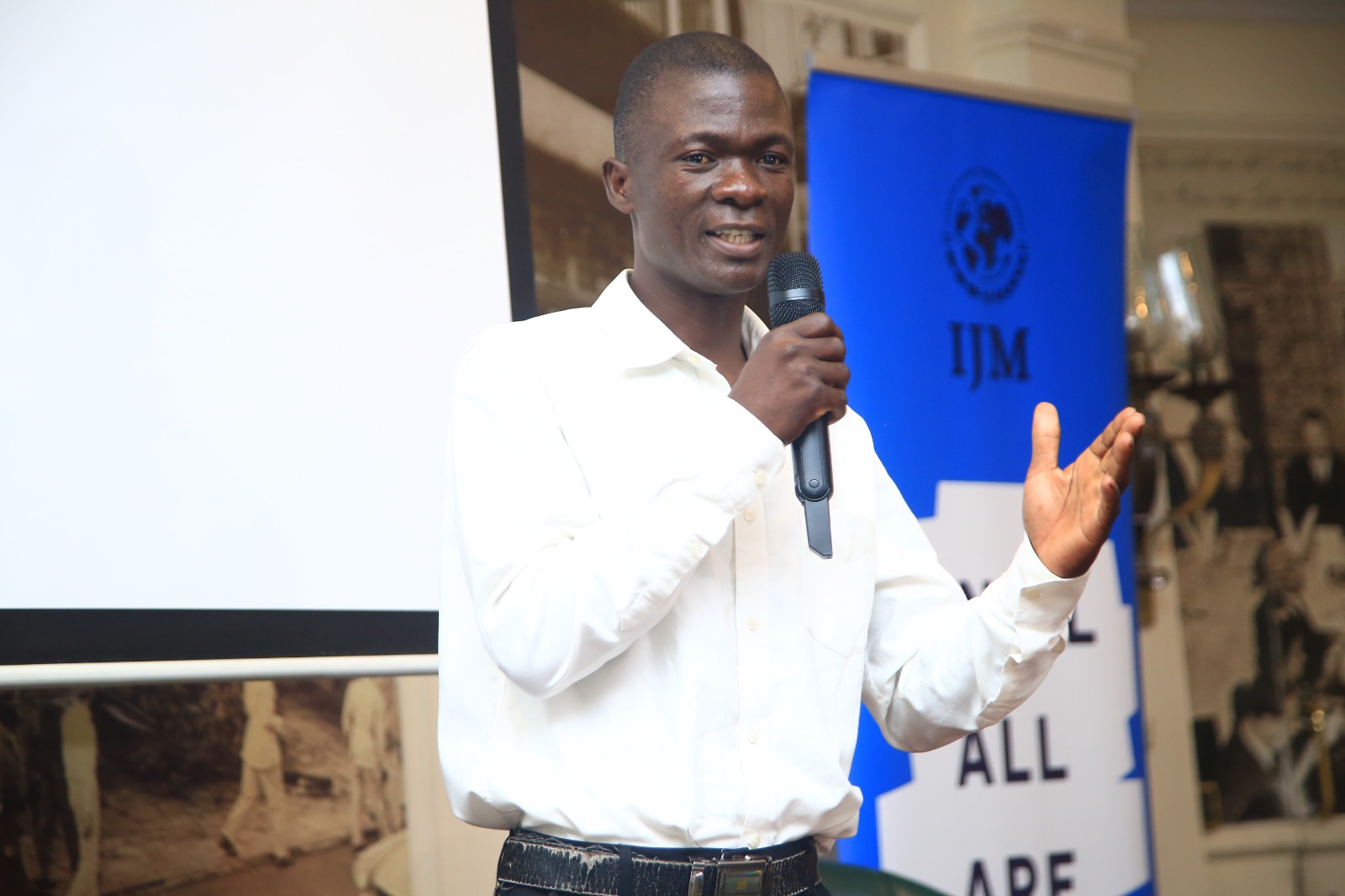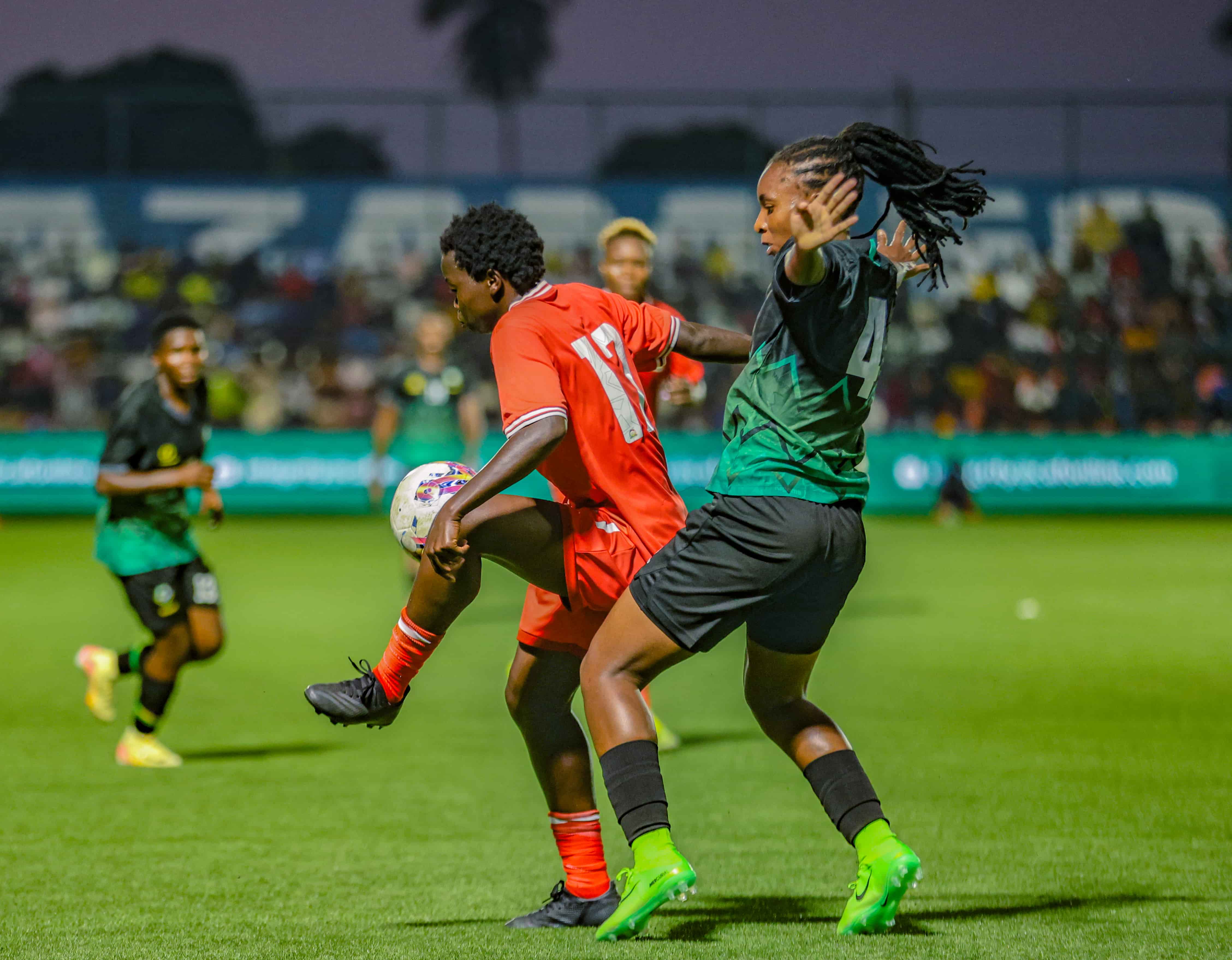High Court bars police from investigating extra-judicial killings, abductions

Justice Mugambi agreed with Kituo Cha Sheria, Haki Africa, and Charles Njue — a relative of a victim of enforced disappearance — that parallel investigations by the IAU and IPOA result in confusion and unproductive outcomes.
The High Court has barred the National Police Service (NPS) and its agencies — including the Internal Affairs Unit (IAU) and the Directorate of Criminal Investigations (DCI) — from investigating cases of enforced disappearances and serious injuries sustained by civilians in police custody or during police operations.
Justice Lawrence Mugambi of the High Court’s Constitutional and Human Rights Division ruled that such investigations fall solely within the mandate of the Independent Policing Oversight Authority (IPOA).
More To Read
- Police detain NIS officer accused of shooting friend dead at Kasarani liquor store
- IPOA responds to claims of mishandled evidence in Albert Ojwang's murder probe
- Court orders DCI to probe use of Talaam’s phone to solicit money while in IPOA custody
- Truck operators decry arbitrary arrests by police for refusing to pay bribes
- Activists propose arrest powers for IPOA amid rising cases of police brutality
- Charles Owino defends police, slams politicians over protest chaos
Justice Mugambi agreed with Kituo Cha Sheria, Haki Africa, and Charles Njue — a relative of a victim of enforced disappearance — that parallel investigations by the IAU and IPOA result in confusion and unproductive outcomes.
The petitioners contended that the IAU’s involvement in investigating serious injuries or deaths caused by police officers amounts to an encroachment on IPOA’s statutory mandate. They argued that this undermines the rule of law and the principle of impartiality, as it effectively allows police to investigate themselves.
“A declaration is hereby issued that investigations into all incidents of death resulting from police action, or caused by a member of the NPS while on duty, or occurring while a person is in police custody, is the exclusive mandate of IPOA — and not any other investigative body, including the IAU or any other under the NPS,” Justice Mugambi ruled.
Kituo Cha Sheria, Haki Africa and Njue had petitioned the court to declare that such investigations should be independently and exclusively conducted by IPOA.
In response, the NPS had argued that it possesses the requisite capacity to investigate cases of enforced disappearances and extrajudicial killings linked to police conduct, citing several successful prosecutions it had carried out previously.
However, the judge ordered the NPS and the DCI to provide Kituo Cha Sheria, Haki Africa and Njue with comprehensive data on complaints of extrajudicial killings and enforced disappearances received from 2010 to date.
Additionally, the NPS and DCI are required to disclose the outcomes of these complaints, including the number of officers who have been prosecuted or disciplined. This information must be provided within 90 days of the judgment.
Justice Mugambi further directed IPOA and the Office of the Director of Public Prosecutions (ODPP) to furnish the three petitioners with an update on the status of investigations into complaints lodged at Nyali Police Station in Mombasa.
Dr Annette Mbogoh, Chief Executive Officer of Kituo Cha Sheria, argued that enforced disappearances and killings had become widespread in Kenya, undermining the rule of law and public trust in law enforcement.
“The number of unresolved extrajudicial killings and enforced disappearances is so high that it is now a concern to every reasonable citizen,” stated Dr Mbogoh.
She added that many enforced disappearances had taken place during operations targeting individuals suspected of links to the Al-Shabaab, as well as suspected drug traffickers, poachers, and other criminal actors.
Dr Mbogoh cited a 2016 report by Human Rights Watch, which documented 34 cases of enforced disappearances and 11 cases of extrajudicial killings.
She also referenced the 2017 election period, during which over 100 people were reportedly killed by police and armed gangs. During that time, IPOA received 210 complaints of police-related killings, which it committed to investigating.
Top Stories Today
